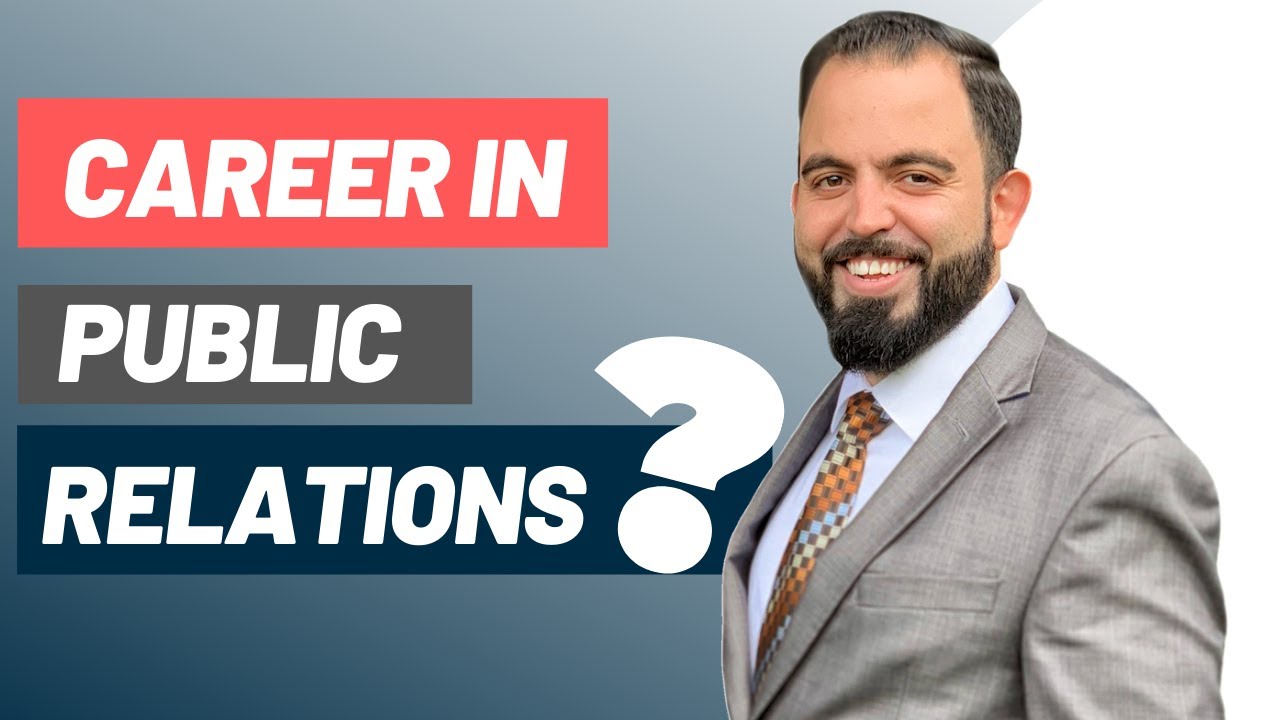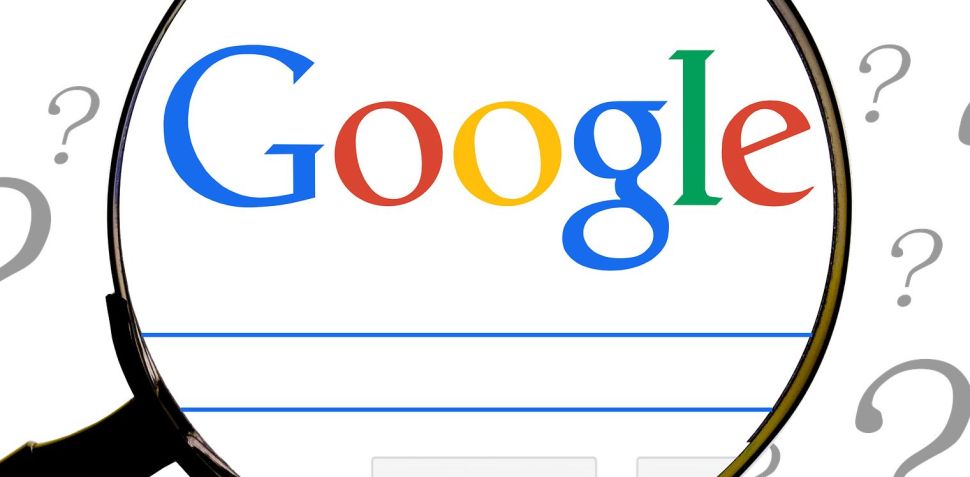The interaction between a corporation and the general public is referred to as public relations. Public relations (PR) professionals assist a firm in projecting a favorable image to the public in order to achieve its objectives.
If you're interested in a careerin public relations, keep reading for additional information on job titles, descriptions, and career advice.

CAREER IN PR: Public Relations Day in The Life | PR Career Advice
What Is Public Relations?
Public relations may be divided into two categories: promoting a brand and safeguarding it. On the promotional side of public relations, experts assist firms or people in developing a good public image through different unpaid or earned forms of communication, such as placements in conventional media, social media, and blogs.
On the defensive side of public relations, they assist their firm or clients in maintaining or defending their public reputation amid crises.
PR is unique in that it allows companies to connect with their target audience through respectable channels such as trusted news sites.
However, free publicity is difficult to come by. Because journalists must produce stories that resonate with their own audiences, public relations professionals must consider news outlets' interests while developing their PR strategy.
Protecting a company's or client's reputation in the digital era is another problem in public relations. Because humans have a negativity bias that helps us be more alert of risks, bad news naturally captures and retains our attention better than happy news.
It also accelerates the spread of bad news on social media and Google, so it's critical for public relations experts to respond promptly to any unfavorable allegations about their company and limit the damage.
What Public Relations Professionals Do?
Writing press releases, linking important players at their client organization with the press for interviews, scheduling press conferences and other events, authoring site material, and publishing newsletters are all examples of what public relations professionals do.
Strong writing, speaking, and presentation abilities are required, as well as being well organized and detail-driven. PR professionals must also be assertive and comfortable reaching out to people. Having a strong marketing ability might also be extremely beneficial.
Careers In Public Relations
Promotional Side Of Public Relations
Through press releases, story pitches, and press conferences, your major task in public relations is to persuade the media to publish a good story about you. You may also manage your online and local community connections, investor relations, and even serve as a spokesman for your company.
Here are some examples of promotional jobs in public relations:
- Content Creation. The contentdevelopment team often creates positive brand storiesthat the media relationsteam sells to journalists. These tales, like a news release detailing a significant corporate merger, may attract journalists' curiosity on their own. This team member creates press materials, bylines stories for news sites, and can even create brand awareness films.
- Media Relations. The media relations team cultivates and maintains connections with journalists in order to propose stories to them and find interview opportunities for their executive team. They also track all of their press, social, and blog placements, as well as to measure and report on the efficacy of their public relations strategy.
- Social Media Community. The social media community team monitors and manages their company's or client's social media image. They utilize social listeningtechniques to assess the business's public image, and to improve it, they connect with their social media followers, post company announcements on social media, and seek out social media influencersto promote their brand.
- Community Relations. The community relations team ensures that their client's firm lives up to its potential as a socially responsible enterprise. They accomplish this by identifying methods to link their firm or customer with good community activities, such as sponsoring an event, contributing moneyto an organization, or participating in a philanthropic event. The influence of the brand on the community provides journalists with favorable stories to write, increasing their number of press placements and strengthening their public reputation.
- Financial Communications. The financial communications team of public businesses cultivates connections with analysts and investors in order to boost the company's financial image. They accomplish this by answering all analyst, journalist, and investor questions at shareholder meetings, press conferences, and private meetings. They also prepare earnings reports and maintain the investor portion of the company's website.
- Spokesperson. A spokesperson represents their company's brand. During press conferences, they talk to the general public on behalf of their firm, make television appearances, and answer to any criticism the company may receive.
Protective Side Of PR
The defensive aspect of public relations is less visible than the promotional aspect, yet it is just as essential. On this side of public relations, you typically have two career options: managing a brand's reputation or handling a corporate crisis.
- Reputation Management. The reputation management team monitors brand sentiment on social media, review sites, their ratings and reviews area on Facebook, their own online communities, and the news to evaluate their company's or client's public reputation. This information enables businesses to rapidly detect and resolve any concerns about their brand via social media and other online communication channels.
- Crisis Management. The crisis management team assists clients or their own organization in dealing with catastrophic disasters caused by human mistakes, interference, or even malice. They minimize the damage by issuing statements apologizing for the situation, developing company-wide answers to reaction, and disseminating knowledge of their strategy to fix their difficulties using paid, earned, and owned marketing channels. They also select an official spokesperson to reply to any criticism on their brand's behalf during news conferences and interviews.
Public Relations Salaries
The average wages in Public Relations are listed below. We gathered this information from anonymous pay entries on Glassdoor, which does not take into account the employees' industry, businesssize, or years of experience.
Entry Level:
Public Relations Assistant - $36,576
Public Relations Coordinator - $42,663
Mid-Level:
Public Relations Associate - $44,222
Public Relations Specialist - $53,241
Management:
Public Relations Manager- $71,468
Public Relations Director - $83,343
Public Relations Internships
With over 5,000 public relations internshipsnow posted on Glassdoor, public relations interns are in great demand. If you get a PR internship, you'll probably work with multiple teams and be responsible for a wide range of tasks such as coordinating speaking engagements and media outreach, fielding incoming media requests, drafting press releases and media lists, maintaining social media pages, analyzing media coverage and PR campaign performance, updating reporter databases, and compiling press kits and media collateral.
Public Relations Degree
If you major in public relations in college, you will get a degree that covers three key disciplines:
- Media and communication. You'll learn about the origins of the media, its historical patterns, and how media organizations have influenced society.
- Theory and Practice of Public Relations. You'll master the foundations and strategic ideas of public relations, and at certain colleges, such as Boston University, you'll be able to put your knowledge to use by conducting public relations for a real business or organization.
- Writing for the Mass Media. You'll discover how to create press releases, pitch emails, and presentations. You'll also learn how towrite in the AP style.
Most public relations schools require you to take coursework in media ethics and legislation, multimedia storytelling, public speaking, journalism, advertising, marketing, American history, statistics, and business writing, in addition to these fundamental abilities.
If you're not a public relations majoror wish to study something else, most public relations departments and businesses would gladly recruit marketing, advertising, and journalism majors.
Majoring in communications or English in a liberal arts college will offer you the best chance of landing a career in public relations.
These disciplines will teach you how to speak clearly and think critically, which are essential abilities for public relations professionals whose job is both creative and analytical.
Tips For Starting A Career In Public Relations
College students interested in a career in public relations can prepare by pursuing some or all of the following:
- Consider degrees that require a lot of writing, such as English, Journalism, Communications, or Marketing.
- Create and publicize a blog on a topic of interest.
- Work for college newspapers, journals, and TV stations to hone and document your writing and communication skills.
- Work with college groups as a public relations coordinator.
- Get a student position in a department that promotes the institution or organizes events, such as the media relations/communications department, sports information office, admissions, events, or alumni affairs departments.
- Apply for roles in student groups where you may arrange concerts, lecturers, fashion displays, and other events.
- Conduct informative interviews with public relations professionals via alumni/family networks and professionals in your region.
- Inquire with professionals about work shadowing opportunities during school breaks.
- Intern with public relations firms, communication departments, media outlets, and/or marketing firms. Contact small local businesses near your school or home through local chambers of commerce, as well as larger corporations.
- Join the Public Relations Student Society of America to learn more about the industry, find mentors and internships, and show your professional interest.
- Start your career with a paid post-graduate internship.
- Improve your public relations abilities.
- In job interviews, be prepared to answer questions concerning public relations.
By preparing in these ways, you will stand out from the crowd and establish the groundwork for a fulfilling career in public relations. It will also be beneficial to go through these public relations interview questions before you begin interviewing for possible PR positions.
What Is A Public Relations Job?
Public relations professionals cultivate and safeguard a company's reputation. They handle an organization's communications with the public and assist from the public's impression of a firm. Fill in the blanks with your important public relations responsibilities and obligations to build a professional and informative job ad for your company.
What Should I Include In My Job Listing When I Post A Public Relations Job?
When you promote a public relations position, you should provide information about your organization's public relations needs. Inform applicants about the characteristics and qualifications you're seeking, as well as the public relations responsibilities they'll be responsible for. Use or add to our sample public relations job description above to create your public relations job listing and start attracting top talent immediately.
Is Public Relations A Good Career?
Careers in public relations are in high demand. High-profile organizations, businesses, and people frequently strive to have a carefully controlled and curated public image. In the digital age, the field is more relevant than ever.
Is A Degree In Public Relations Worth It?
Employers are increasingly looking for people with specialized degrees, especially considering the effect of the internet and social media on the industry. Professionals with degrees in communications, business management, or marketing may also be qualified for specific PR roles.
Is It Hard To Get A Job In Public Relations?
You don't have to major in public relations, but it will be more difficult to get into the field if you don't. People who majored in public relations have a big advantage, therefore if you study in the liberal arts, you should educate yourself about it through other means, such as internships.
Is PR Well Paid?
Salaries have decreased in the last year, but public relations remains a well-paying profession. Public relation is a well-paying profession with plenty of room for advancement for ambitious individuals. Average remuneration is calculated using data from the CIPR and the PRCA. In its annual status of the profession survey, the CIPR polls its members.
What Is A PR Person Called?
Publicist. When most people think of a public relations practitioner, they envision a publicist. Publicists engage directly with customers to help design and implement their brand strategy, whether they work for an agency or on an in-house team.
Are HR And PR Similar?
Take a look at sample HR Manager and PR Manager job advertising if you have any doubts regarding the parallels between PR and HR. You'll see that good human resource managers and public relations managers have many characteristics and have very comparable work responsibilities.



